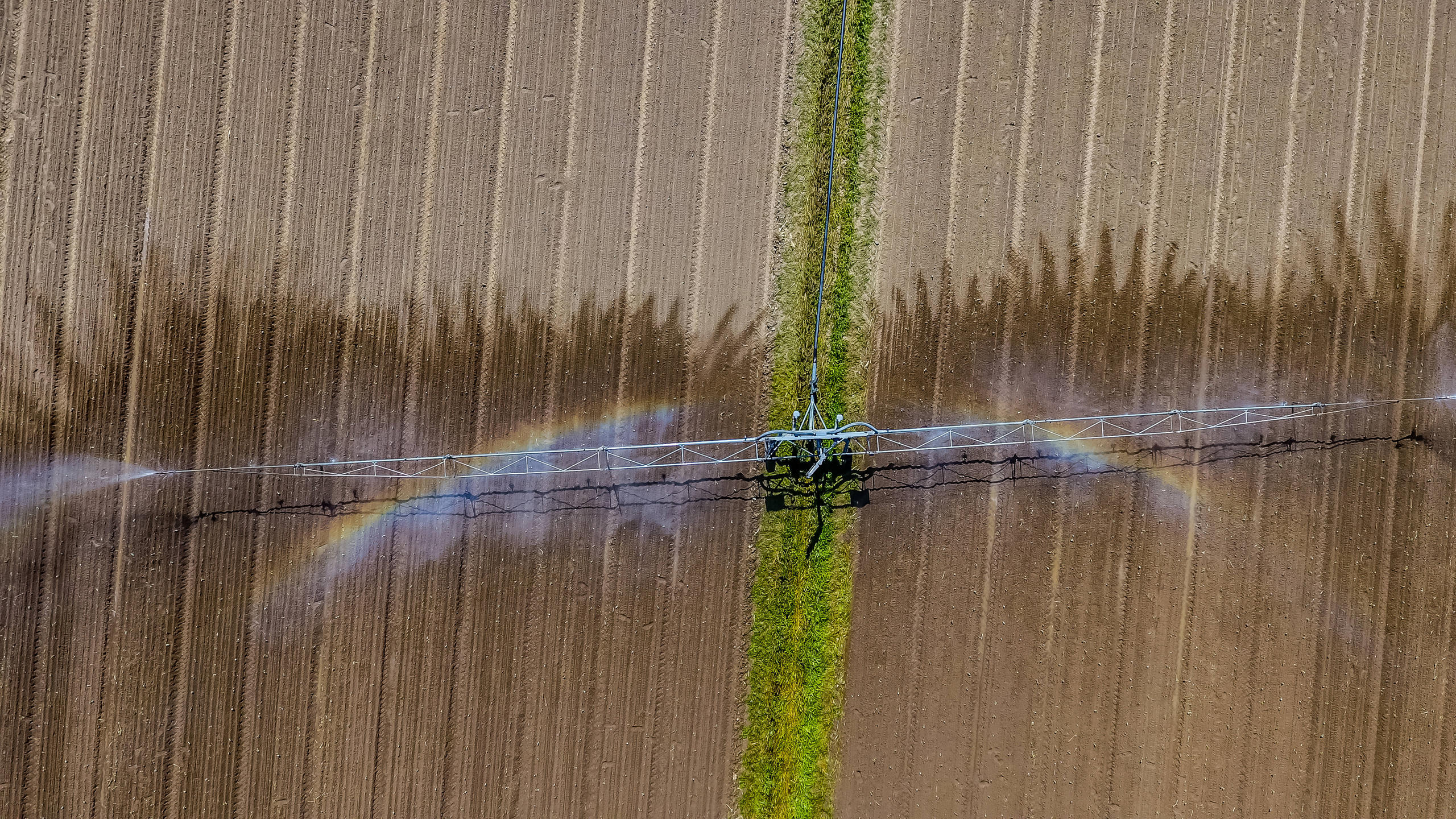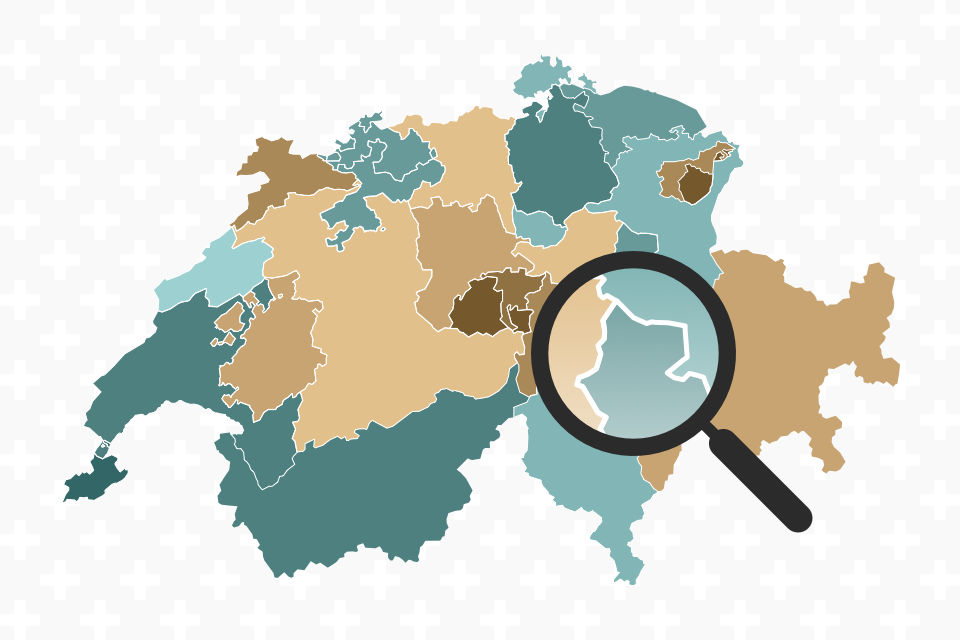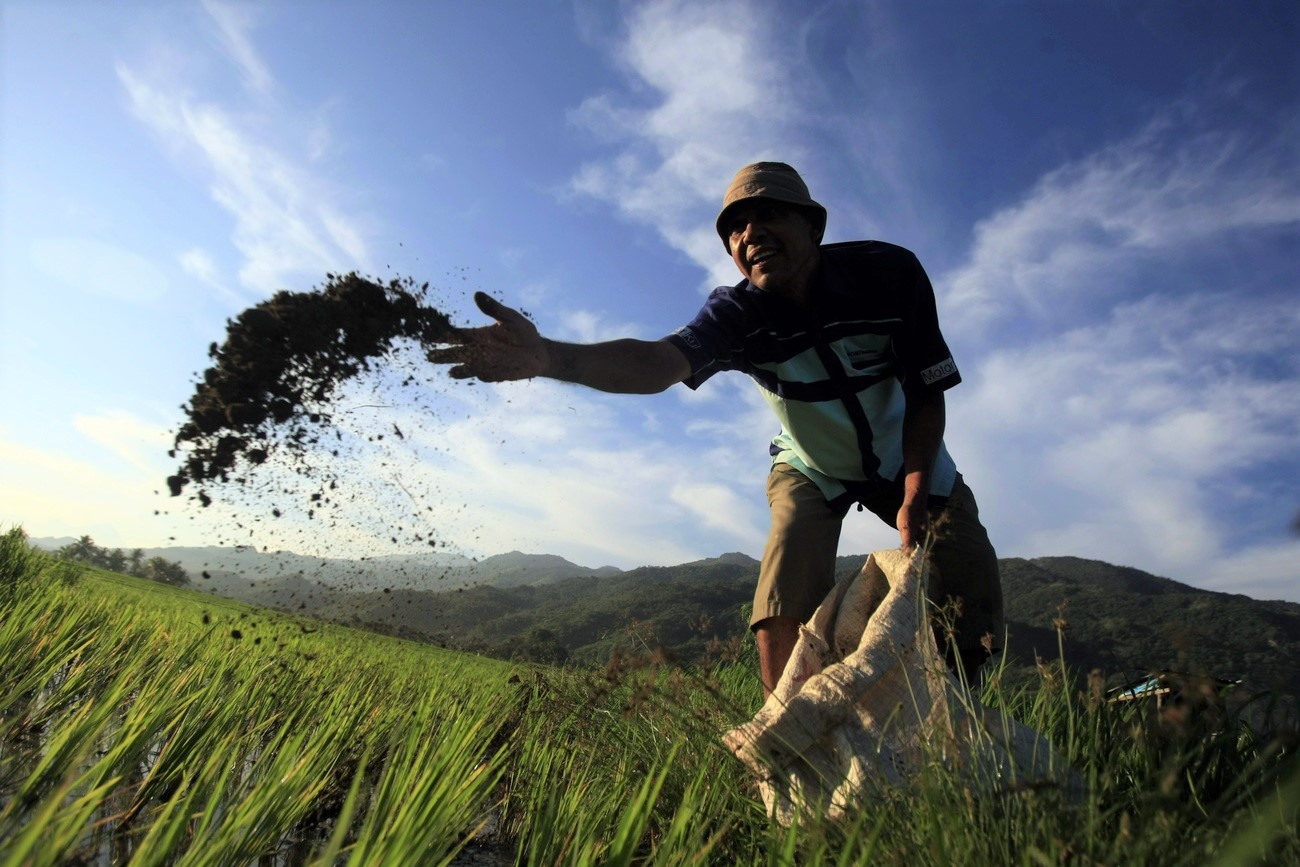‘Green, but not too green’: press reacts to CO2 law failure

For the Swiss press, Sunday’s ballot box defeat of a proposed climate law is largely down to thrifty voters, as well as a growing urban-rural divide.
The Neue Zürcher Zeitung (NZZ) writes that citizens voted “with their wallets” on Sunday, ditching long-term fears about climate change for shorter-term concerns about how much the CO2 measures would have cost them.
Higher fuel costs, a hard-hit middle-class, downsides for business: all took precedence over the fact that Switzerland – and especially its mountain regions and its glaciers – is disproportionally affected by global warming, the NZZ editorial writes.
After years of negotiations among parties, the result is “a hammer blow for Swiss politics” which leaves the country’s climate policy in “ruins”: the onus is now on the law’s opponents to come up with a credible alternative to reaching the Paris climate goals, it reckons.
The Blick newspaper also noted that the financial argument paid off, to the detriment of higher ideals: while everyone is in favour of environmental protection, it writes, everyone also manages to finds an excuse to reject it when it becomes concrete.
As a result, “especially in tough times – like during a global pandemic – consumers look first to their wallets”.

More
Swiss CO2 law defeated at the ballot box
For the Nouvelliste, meanwhile, the fact that Sunday’s rejection comes just a few short years after a “Green wave” of politicians was elected to parliament in Bern shows the limits of environmental commitment.
“The Swiss are green, but not too green,” it writes. “They are in support of the environment as long as it costs almost nothing – and as long as no wind turbines are going to be built in their back garden.”
For the paper, the result therefore marks a resounding victory for the rightwing People’s Party, who managed to pull the debate away from climate change and towards the financial implications of the compromise package penned by parliament in Bern.
City-country split
Papers also highlighted the seemingly widening gap between urban and rural areas: a “profound gulf”, Le Temps writes, which was driven by the feeling among countryside populations that they were being forced to foot the lion’s share of the CO2 bill.

More
Voters reject pesticide-free farming proposals
The urban-rural divide, which has been a prominent feature of a few votes in recent years, was also amplified by the two other environmental initiatives on the agenda on Sunday, pesticide bans that were also rejected, Le Temps says.
Offended by the attempt by city folk to meddle with how agriculture functions (one slogan of the pro-pesticide group was “we feed you; you punish us”), rural areas were incited to fill in a triple rejection on the ballot sheets, the paper says.
“Appalled by attacks against certain cultural ways of life, which it perceived as an attack against its work, the farming community turned the CO2 law into a collateral victim of the anti-pesticide initiatives.”
Could this have been avoided? Le Journal du Jura, a regional paper in Western Switzerland, thinks so: “the government would do well to pay more attention in future to the calendar of ballots that it puts before the population”, it writes.
As for what will come next, all papers agree that some new form of climate protection legislation is inevitable if Switzerland is to meet its targets. And for 24 Heures and the Tribune de Genève, the next deal must be “simpler”; the logic of cobbling together small shifts (“a tax here, a redistribution here”) is not convincing for voters, they write.

More
Climate report sounds water alarm in Switzerland

In compliance with the JTI standards
More: SWI swissinfo.ch certified by the Journalism Trust Initiative


You can find an overview of ongoing debates with our journalists here. Please join us!
If you want to start a conversation about a topic raised in this article or want to report factual errors, email us at english@swissinfo.ch.